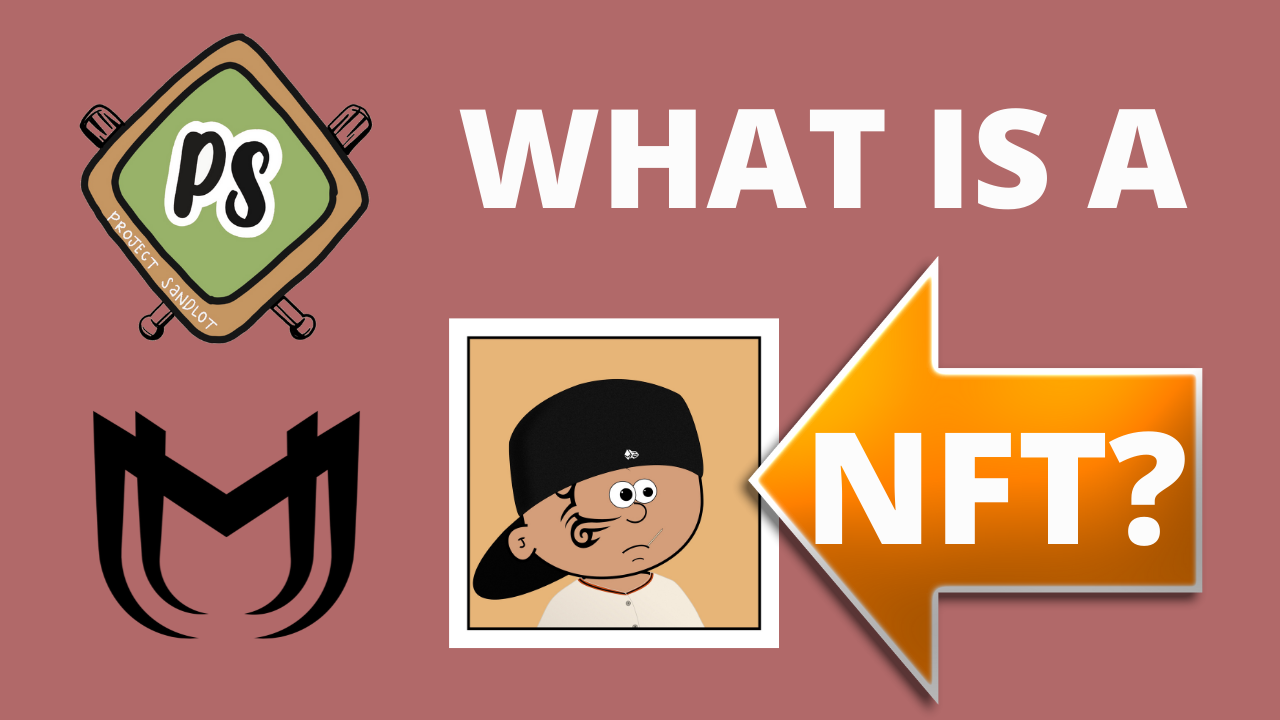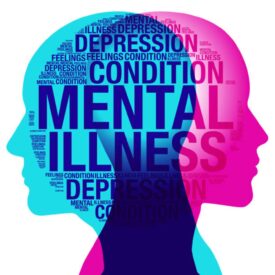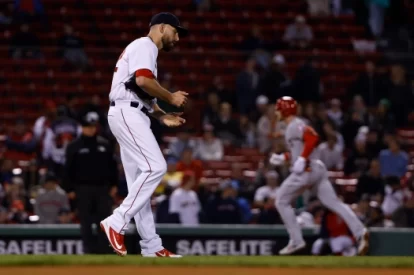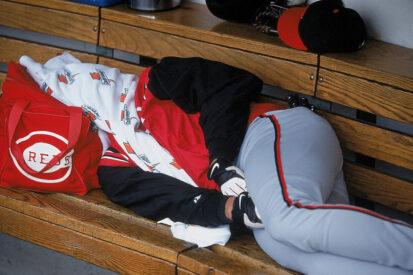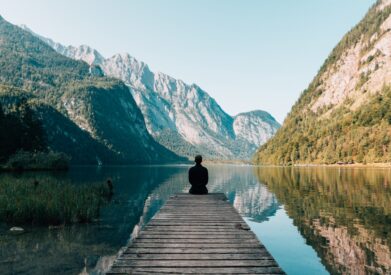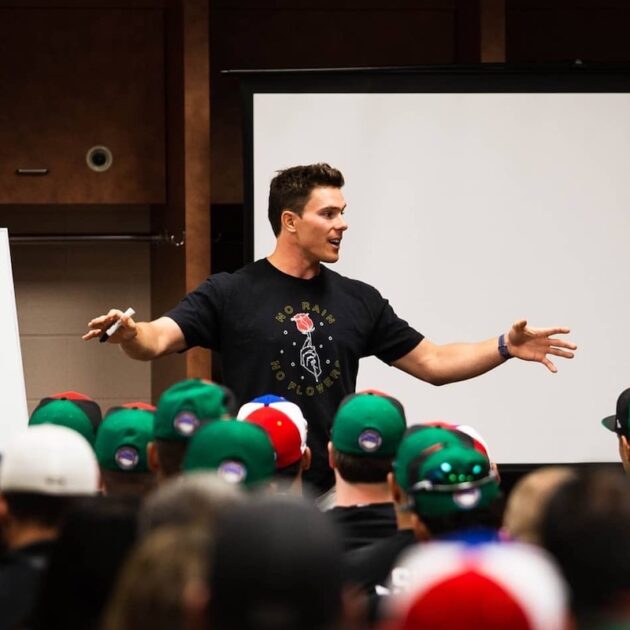Last Tuesday, four-time Olympic gold medalist Simone Biles decided to withdraw from the team’s final competition in the Olympics. She stated on Monday that she felt like she was carrying “the weight of the world” on her shoulders. That quote stood out to me and many people can relate to it. Oftentimes in life, a lot of us feel that we need to push forward and ignore any mental battles that we are going through. We feel like the world is coming down on us, but yet we find it difficult to take a break and take care of ourselves.
Biles was quoted as saying “We also have to focus on ourselves, because at the end of the day we’re human, too. We have to protect our mind and our body, rather than just go out there and do what the world wants us to do.” That is one of the biggest factors many people fail to realize not just in sports, but in life. The people around us, the people we sometimes rely on for things, the people that we care about, or the people we look up to might be going through battles that we just don’t know about. We are quick to criticize or judge without actually taking a step back and thinking about the weight the ones we love might be carrying.
“Some folks can’t even touch their toes…” pic.twitter.com/XuiauKi6z5
— Major League University (@MajorUniversity) July 29, 2021
It’s Ok Not to be Ok
For decades, we as a society have been told to just “shake it off” or “toughen up”. In sports, we are told to just set aside what is bothering us, go out there and compete, and find a way to win. Athletes tend to be more vulnerable to having to deal with mental health battles because of the stress and pressure of competing on a daily or weekly basis, having to deal with physical injuries, bad performances, or the fear of failing.
The stigma of mental health still plays a role and often remains a primary barrier to many athletes speaking out about their battles. There is the fear that if they admit they might need help or just don’t have the mental fortitude to compete that day, they will appear weak from the perspective of their coaches, teammates, the media, friends, or the general public. Biles did the unthinkable in most people’s eyes. She took a step back, assessed her mental health, and made the decision that it would not be in her best interest (or her team’s) to keep going. She not only let other athletes, but the general public, know that it is ok to not be ok. She let us all know that we don’t have to hide through our struggles even if we fear how everyone will judge us.
Moving Forward
As athletes progress in their careers, the expectations from the people around them grow and can make them feel like every single step they take in life will be scrutinized and the increased pressure to be “perfect” grows. The first step as an athlete is to realize that you don’t have to be perfect every single day. Sports and competition come with failure. There are steps as an athlete, and as an everyday human, you can take to ease some of these heavyweights:
- If you are struggling, when in doubt, talk it out. Talk with a coach, a parent, counselors, friends, or a sports psychologist. Sometimes just having the opportunity to get things off your chest can bring a sense of relief.
- Always remind yourself your sport doesn’t define who you are. Just like in life, everything might not go well all at once. Remember that times of failure aren’t the end of the world and keep finding ways to learn, grow, and evolve.
- Breath. This is one of the most important steps. Incorporate relaxation tools like meditation, yoga, breathing techniques, or just reading a book. Find ways to be in the moment, be at peace with your thoughts, and shut yourself off from things like social media.
- Lastly, focus on the now. We all tend to dwell on the past or think too far into the future. Worry about being in the moment and the task at hand.
The battles that each one of us goes through daily might not always be easy. We might hit times where we aren’t sure if we are going to get through them. What we can do is take the lessons learned from Simone Biles and many other athletes who have been open about their battles with mental health and remember that we aren’t alone. This is not just an opportunity to learn about mental health, but a chance to also grow as a society, let people we know around us they aren’t alone, and that it is ok to not be ok
the outpouring love & support I’ve received has made me realize I’m more than my accomplishments and gymnastics which I never truly believed before. 🤍
— Simone Biles (@Simone_Biles) July 29, 2021


